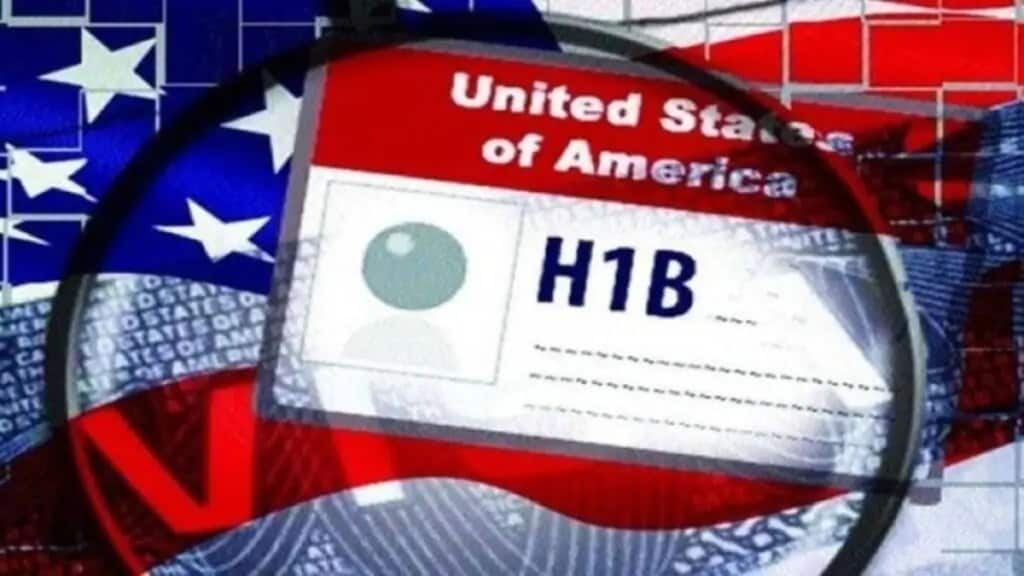Some of the largest H-1B employers, employing lower-paid workers through staffing and outsourcing companies, accounting for half of the 85,000 new visas allocated annually, are not only the big technology companies but also banks and telecommunication companies, reports Bloomberg News.
Citigroup added 3,000 new H-1B workers from May 2020 to May 2024, surpassing tech giants Nvidia, Oracle, and Qualcomm in the same period. Citi’s H-1B workers are mostly IT contractors from staffing and outsourcing agencies, who pay significantly less than Citi employees, according to the findings of the study.
Bloomberg News calls these — staffing firms and outsourcers — visa middlemen. Staffing firms offer low-level IT workers to corporate clients, while outsourcing companies assist clients in moving back-office functions offshore.
Bloomberg identified H-1B contractors as a small portion of Citi’s workforce, with data limited to new H-1Bs issued between May 2024 and the end of the four years.
Overall, more than half of Capital One’s 905 H-1B contract workers turned up in multiple registrations over the four years reflected in the data. That’s the highest ratio among the top-10 end-clients in Bloomberg’s analysis.
Capital One used hundreds of small staffing firms that filed multiple registrations. Citi, the largest user of H-1B contractors, relied on them less.
Regardless of how the visas were obtained, the data show that middleman companies paid workers far less than H-1B holders who didn’t go through staffing or outsourcing firms. Immigration law requires visa sponsors to pay H-1B workers no less than their similarly situated American employees, but because contract workers are not directly employed by the end-client, they can be paid lower salaries than their direct-hire counterparts in the same office.
In 1990, Congress introduced the H-1B visa to attract top talent and dominate the US tech industry, but demand outstripped supply, necessitating annual lotteries.
Visa middlemen manipulated the lottery to gain an advantage over sponsors seeking specific workers for specialized roles. Staffing firms submitted multiple lottery registrations for the same applicants, a practice called fraudulent by the US Citizenship and Immigration Services. Large outsourcing firms also benefited from this strategy.
Middlemen who win the lottery farm out visa-holders to business clients, taking a portion of each worker’s pay. This distorts the H-1B program, undercuts US workers, creates a second-class workforce, and favors employers.
H-1B season 2026 has a new process in place for the selection of beneficiaries, or the foreign worker who finally ends up with an H-1B visa. The current beneficiary-centric selection process for H-1B registrations aims to reduce gaming, increase selection chances, and ensure equal chances for each beneficiary, regardless of registration submissions.

